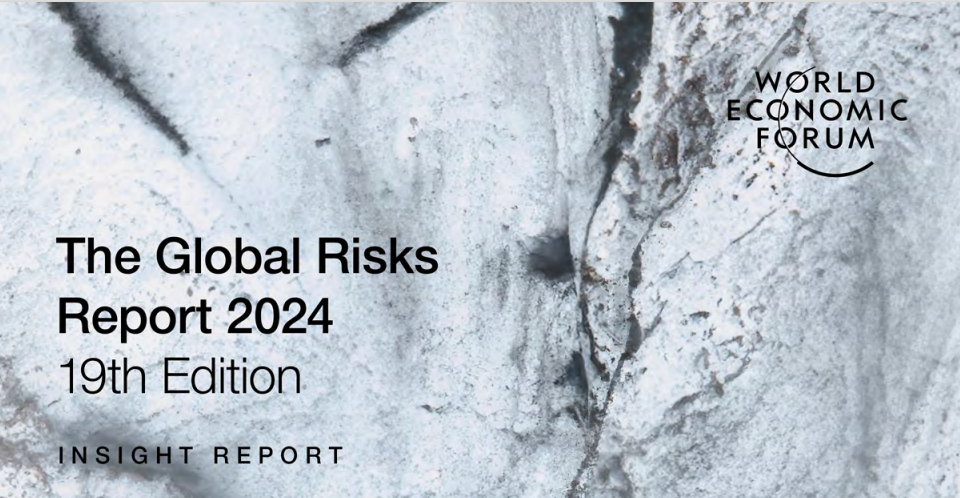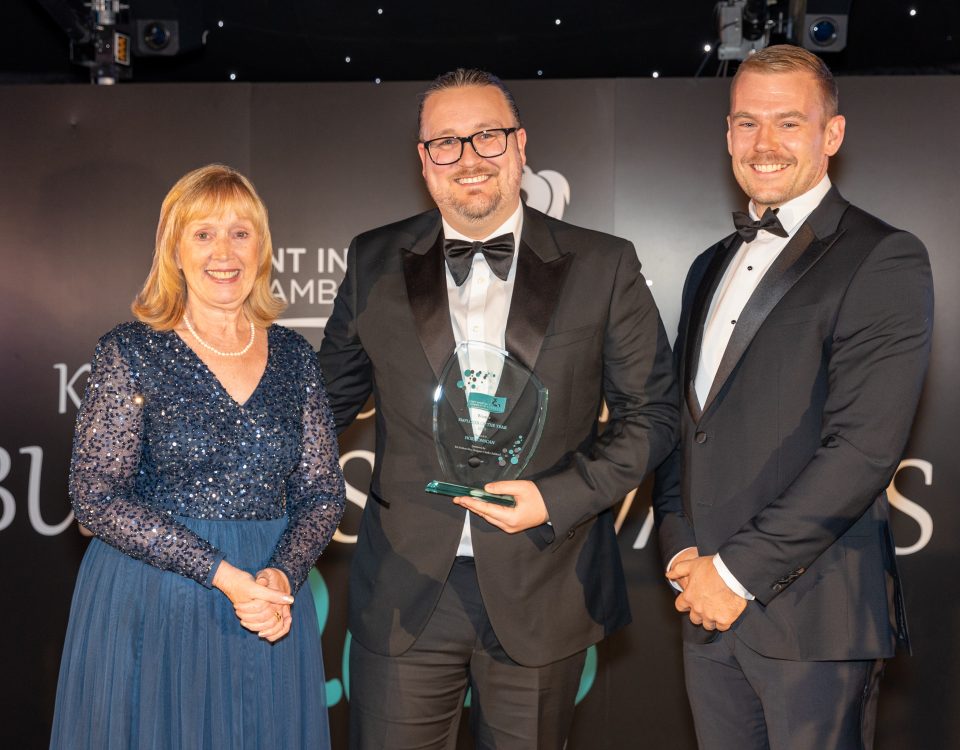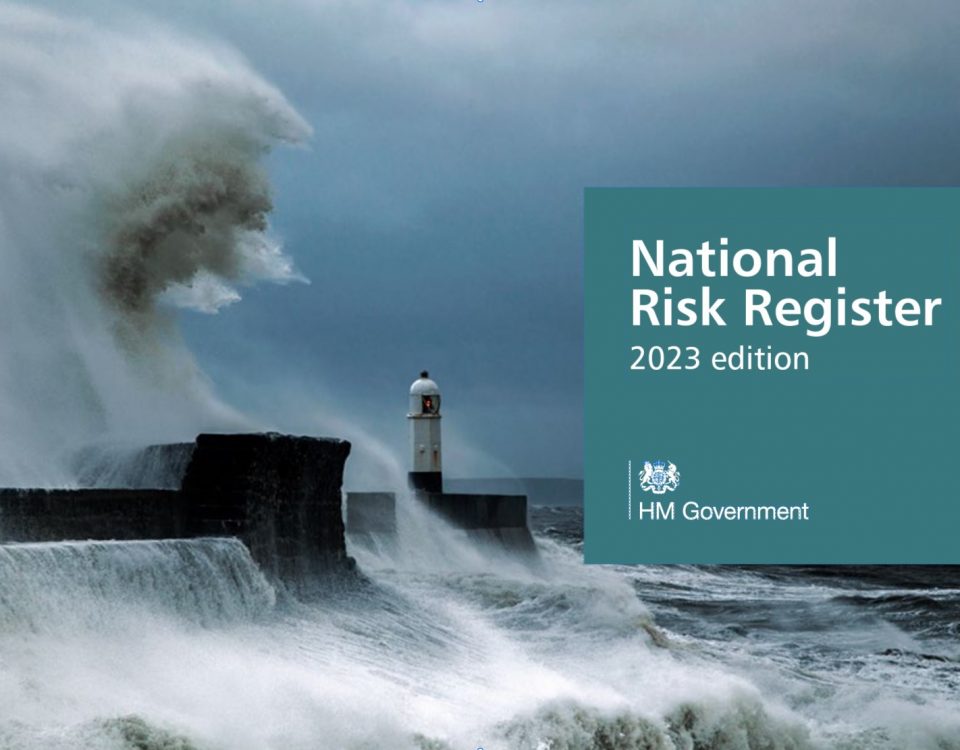Nuclear Verdicts

Predictions for 2022
11th January 2022
The ‘Great Resignation’
25th August 2022Last year a Florida jury made news when they awarded the first-ever litigation pay-out in excess of $1bn. This case was not a one-off freak episode; it was a landmark in a growing phenomenon known as ‘nuclear verdicts’. These have attracted growing attention in the business world in the intervening period, especially in America.
Nuclear verdicts are pay-outs, awarded in litigation suits against companies, which are deemed to be higher than is proportionate or reasonable. According to this 2021 article, they led to an increase of nearly 1,000% in litigation US settlements, between 2010 and 2018.
Nuclear verdicts lead to what is sometimes known as ‘social inflation’, whereby claims and losses rise faster than general inflation, resulting in insurance hikes. At their most extreme they create massive and unexpected losses for the company.
These phenomena are most common in the US – a country which has its own particular legal climate and culture – and they are especially likely to affect businesses with a commercial footprint there. But in an era of low trust, high media scrutiny, and widespread cynicism about big business, they could become more common elsewhere.
Indeed, a fantastic short blog on the topic, written by a US law firm, outlines three underlying causes which have given rise to nuclear verdicts. These are a) social media, b) distrust of corporations, and c) the growing difficulty of ‘anchoring’ (i.e. quantifying emotional distress in monetary terms). These things are far from being unique to the US, even if some may be more pronounced there.
To respond smartly to this, organisations need to think through not just business risks in and of themselves, but the potential for subsequent legal and media ‘tailspins’. Modern companies know that these things can cause an accident to become an expensive and reputationally damaging media storm and are increasingly acting to mitigate and plan for such risks.
Number one question for your business:
Is social inflation or nuclear verdicts on your risk register? Has your crisis or leadership team discussed this issue to consider how you would respond?
Awards at Horizonscan
We would also like to flag, this month, that Horizonscan recently attended the CIR awards, as finalists in the Consultancy Of The Year award. And we are proud to announce, in addition to this, that we won the Customer Service Award at the Kent Business Awards!
Within business continuity and resilience consultancy, there has been a general move toward ‘off-the-shelf’ software solutions. This was already underway pre-COVID but has become more acute thanks to the increased availability and usage of online training and digital templates. We attribute our success in the Customer Service category to our decision not to pursue this route.
Our focus in every piece of work is to ensure that we understand the client’s needs and then build a solution from there. We have specific teams and account managers allocated to all our clients, and aim always to ensure that this is a two-way relationship, where we are at the end of the phone.
We hope that the recent acknowledgement, in the form of the Customer Service award, is a vindication of this approach.
Monday Toolbox
Below are some more detailed tools and resources, which might help better understand the topics of nuclear verdicts and social inflation.
- This article has some interesting analyses of how lawyers are securing ‘nuclear verdicts’, such as by appealing to the ‘reptile brain’ instincts of jurors.
- This short podcast on ‘courtroom sciences’ is also well worth a listen. It involves a conversation with Defence Lawyer Bob Tyson, who has written a book about the topic.
- One US law firm has created a Nuclear Verdicts tracker, letting you search for landmark cases. It is well worth exploring if you want to look at some of the precedents set.
- On the topic of social inflation, meanwhile, this short academic piece has some great data, including a brilliant visualisation of how ‘narrow’ and ‘broad’ definitions of social inflation intersect.
- Lastly, this piece explains some of the key elements of social inflation and links to a number of other analyses and examples.
Thought for the week:
“For companies operating in the US, this is a rising risk that they could incur large and unexpected losses. This will lead to increased premiums, as insurers look to recoup their losses or mitigate future claims. It underlines the need for effective risk management to anticipate these impacts and robust recovery plans in place.”
Will Scobie, Managing Director




